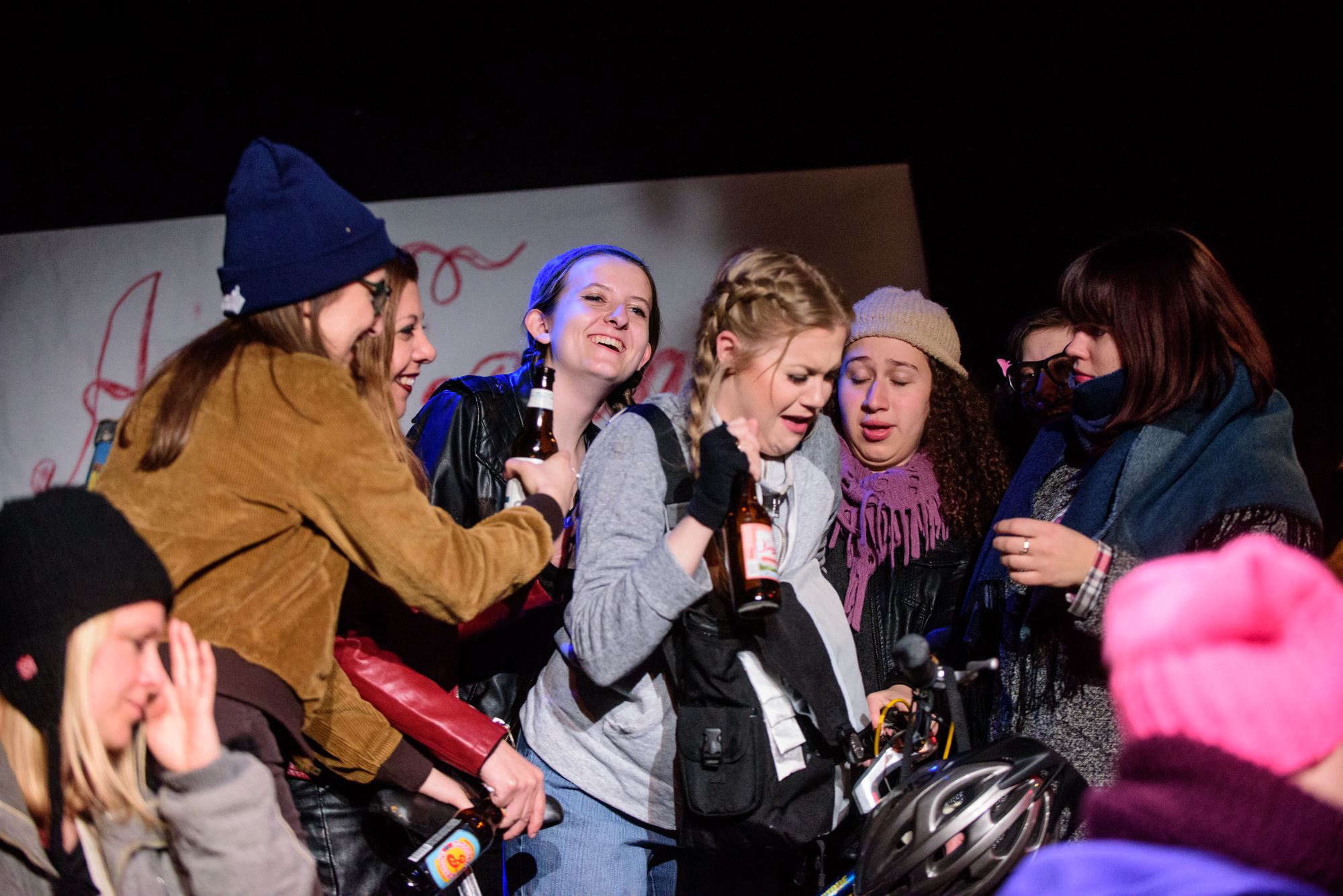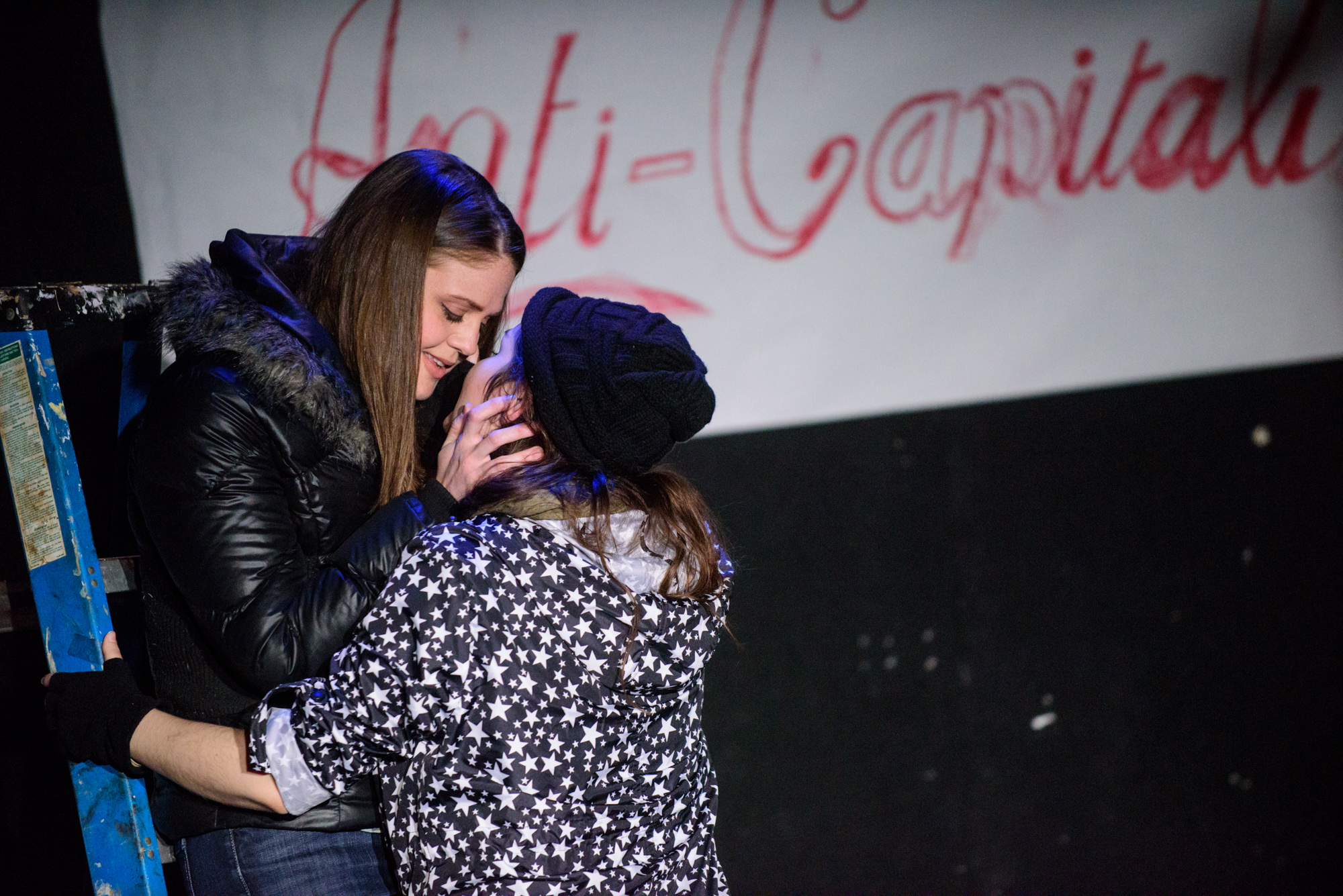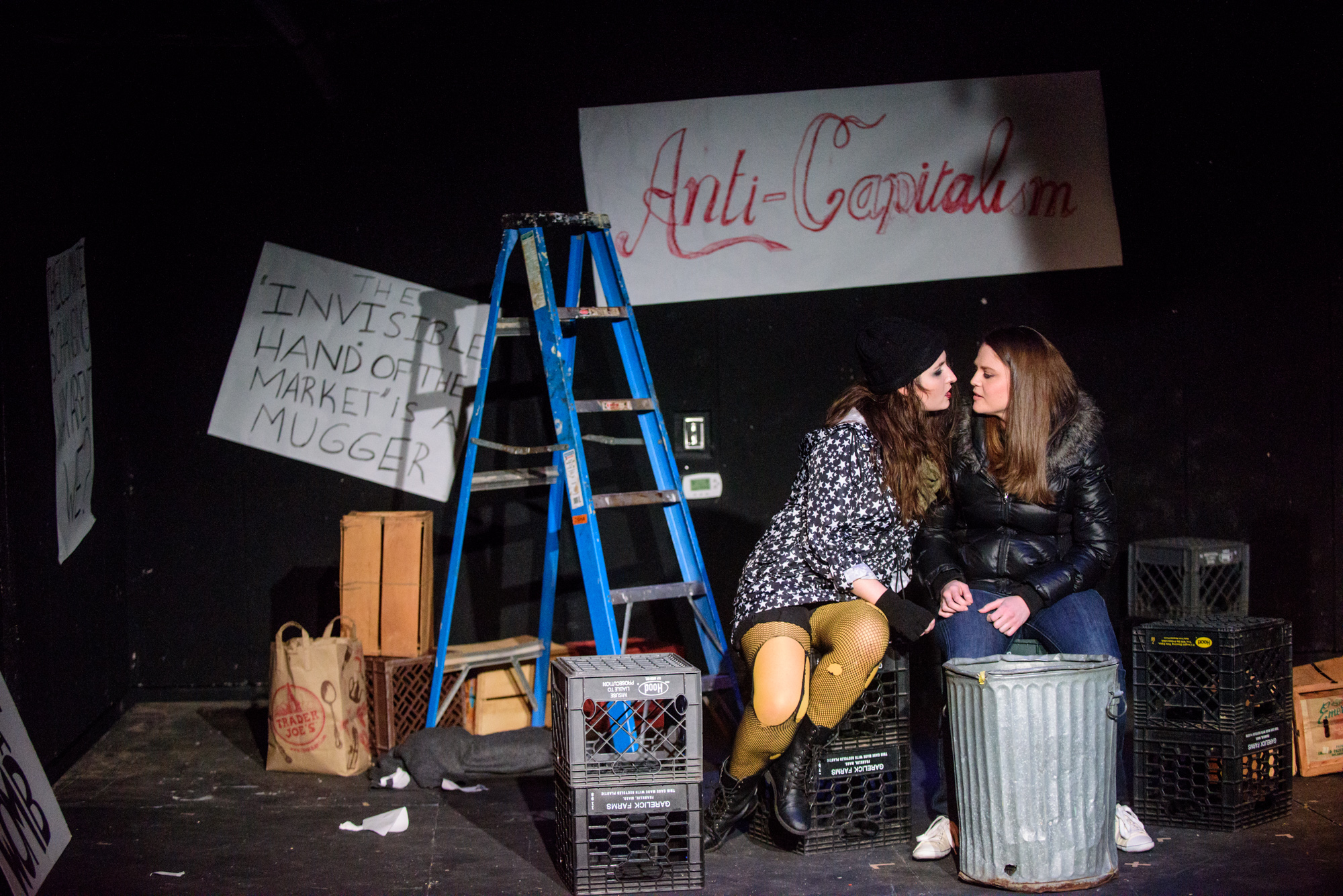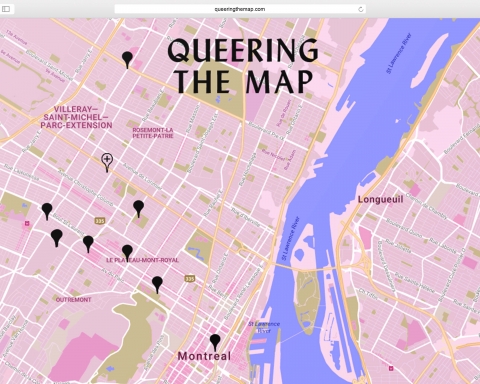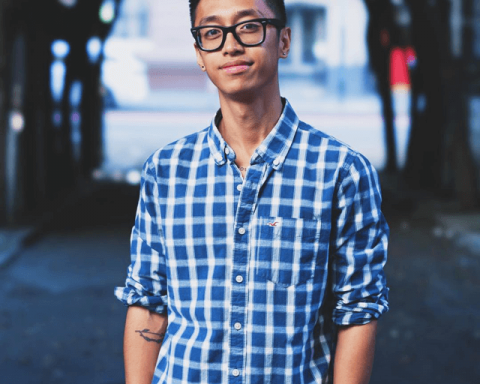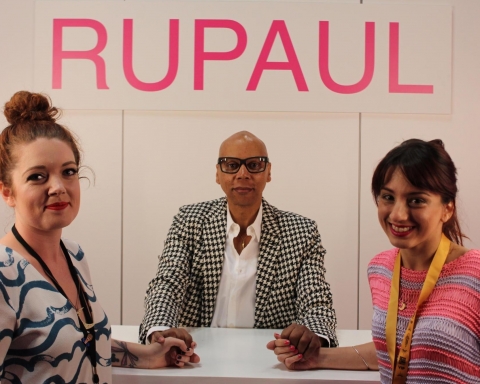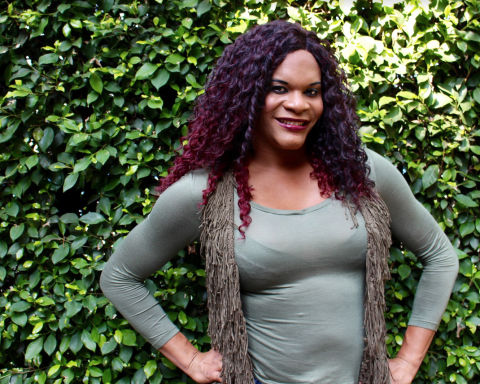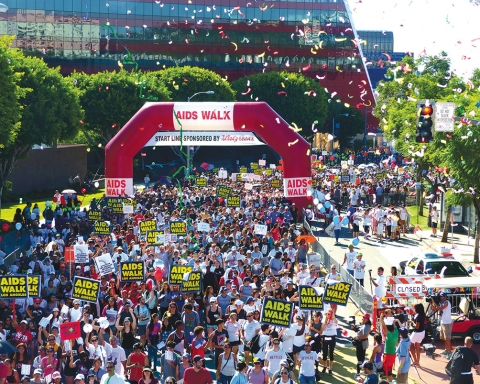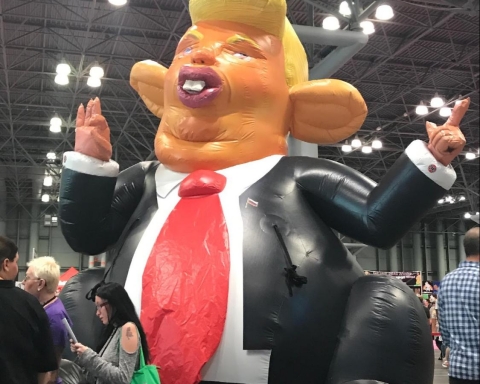1) How did you end up becoming involved with MetroWest Opera?
2) What attracted you to the idea of a an all-female opera and La Femme Bohème in particular
Interview with Stage Director Julia Mintzer
Going into opening night for the Purple Cast, here is an interview with Stage Director Julia Mintzer. We're sold out tonight, but there are four shows this weekend!
Posted by MetroWest Opera on Friday, May 19, 2017
3) What is your concept, as a director, for this show?
The opera is set within a contemporary protest again the corporate establishment, in the vein of Occupy Wall Street. The aim of that setting is to ask the audience to question the trope of romanticizing poverty, and to posit the idea that this story, which we like to dismiss as anachronistic, could happen today without much updating. It is completely feasible that someone like Mimi, a young woman living in a large American city, could die of a completely treatable, preventable illness…The anti-vaccine movement has brought on new outbreaks of measles and whooping cough. Someone like Mimi would very likely not have health insurance. She probably doesn’t have the cash to pay out of pocket to see a doctor.

